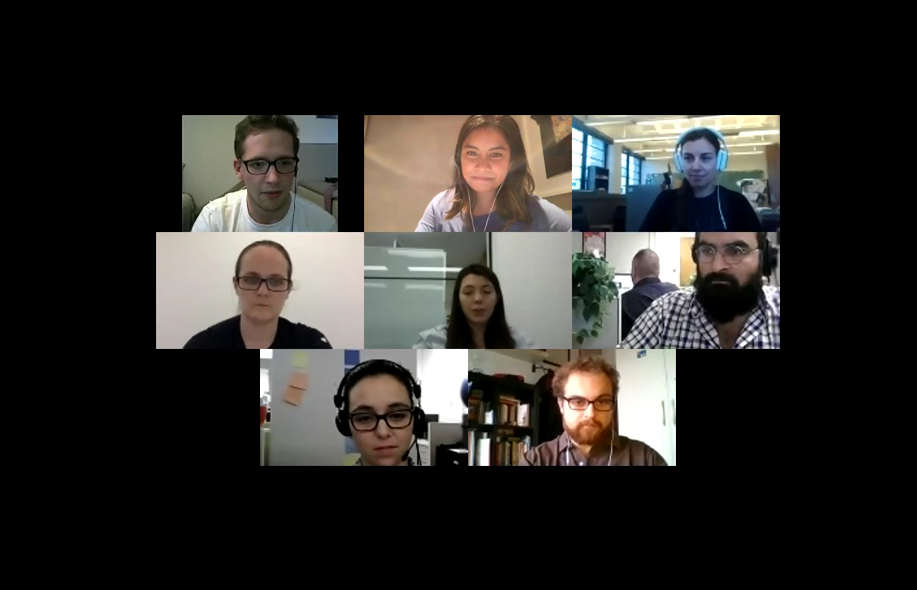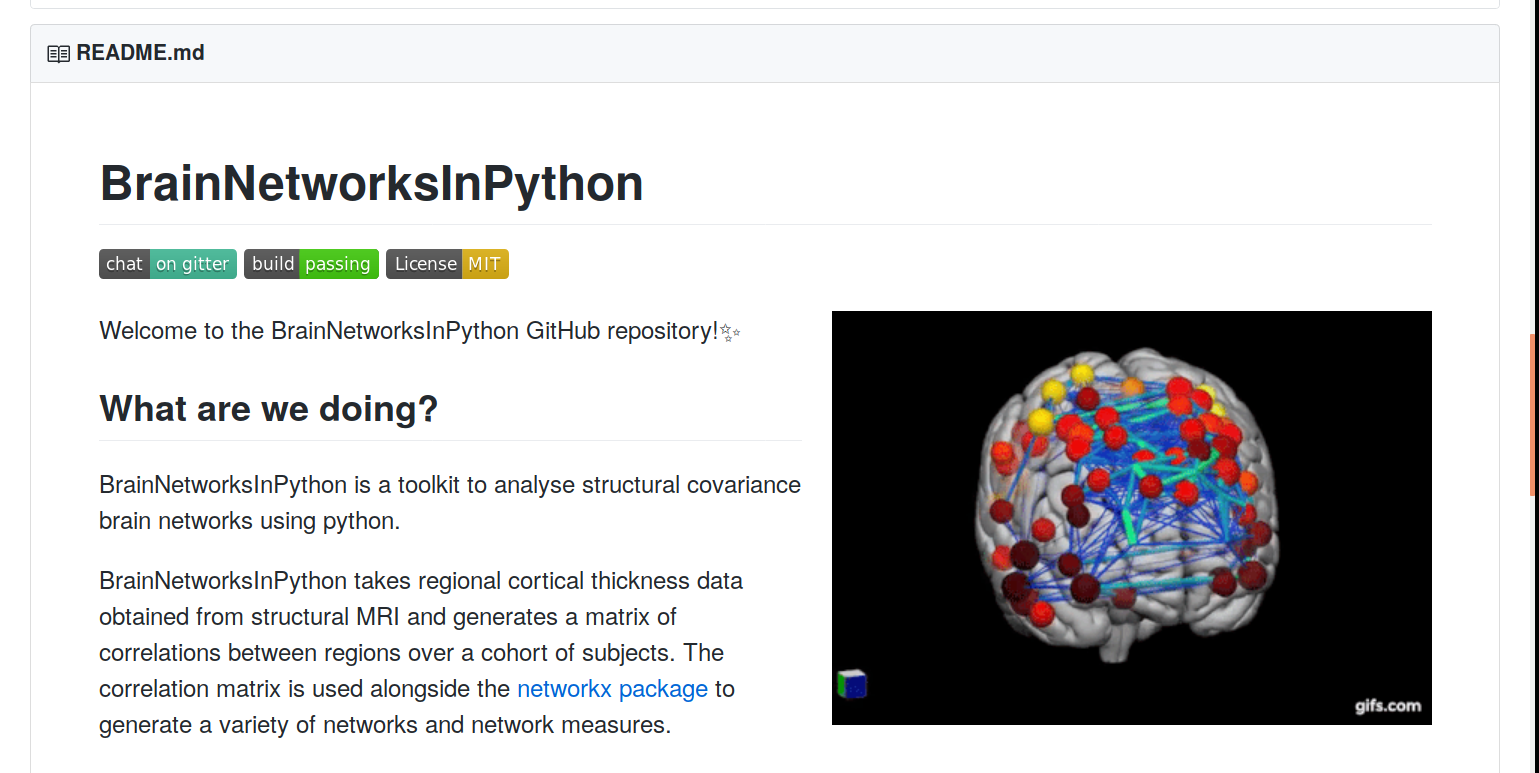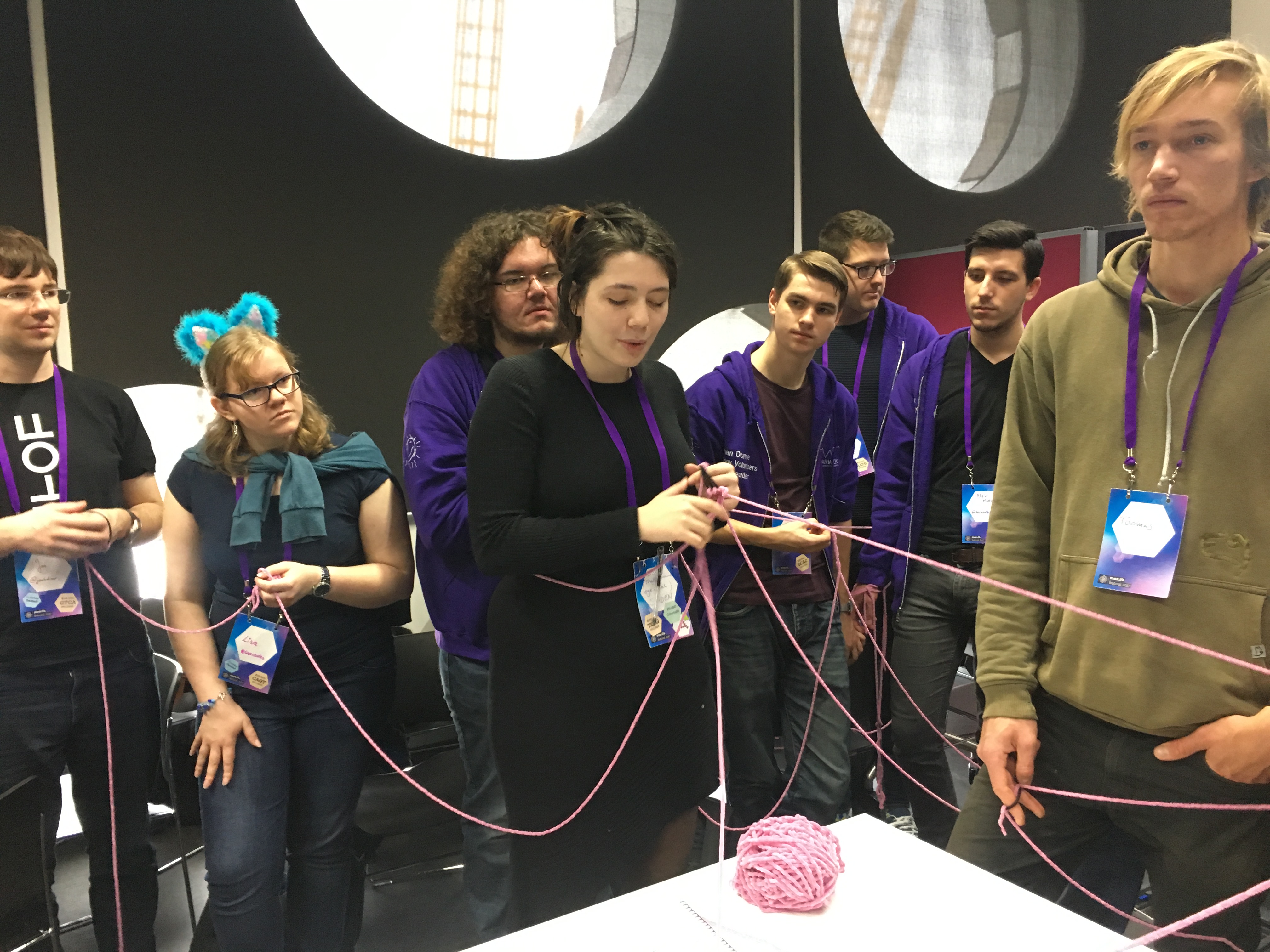My experiences as a Mozilla Open Leader
Mozilla Open Leadership
Earlier this year Mozilla Science Lab awarded a mini grant to me to refactor the Whitaker Lab’s openly developed project Brain Networks in Python. I also applied successfully to the recently concluded 4th Mozilla Open Leadership Training cohort. With the application deadline for the next round of both approaching I thought I should share my experiences.
I wasn’t sure when I sent my application in what open leadership training meant. Months later, I can now try to explain. Developing a project openly is partly a social endeavour. If you haven’t done it before (and I hadn’t), handling contributions and questions from strangers on the internet is weird and building a community to support your project is hard. The Open Leadership Training is a source of education and support in all issues open-leadership related.

The Open Leadership’s medium is weekly videocalls, alternating between the cohort call (~30 people) and 1:1 calls with your assigned mentor. The cohort calls are usually low pressure and they focus on skills, practical advice and encouragement. For the nervous, I want to highlight that I never felt like me or my project were on trial.
I can’t speak for anyone else’s 1:1 calls but in mine I would catch up with my mentor Tim Head, describe whatever problems I’d been having, mention my successes and he would offer relevant advice. Pretty good 👍, thank you Tim!
You can apply to be part of the fifth Open Leadership Training cohort before 11:59EDT on 15th December 2017.
Mozilla Mini Grant

I don’t need to propound the value of money to anyone, but refactoring Brain Networks in Python is a project I couldn’t afford to work on in this way otherwise. If you have an open scientific project that deserves your attention but you can’t buy the time, the Mozilla Science Lab mini grant might be your champion.
If it is useful, check out the application that Kirstie Whitaker and I wrote for Brain Networks in Python. It isn’t a huge amount of money, but for me it was so valuable to have two months of protected time to work on something I wanted to make more reusable. As Kirstie says, we want to make the code “useful for people who aren’t called Kirstie” 😂.
One of the goals of the mini grant was to add in tests to the code. I’m so proud of the green Travis build status badge that appears on the Brain Networks in Python GitHub page now. Thank you to all our contributors for making that happen!
You can apply for a Mozilla Mini grant before 11:59EDT on 17th December 2017.
I’ll finish with a photo of the Brain Networks in Python MozFest session (where I used some pink wool - as edges - and our participants - as nodes - to build an in person network), and a thank you to all the folks at Mozilla who made this possible: Abby, Tim, Chris, Aurelia, Steph and many more ✨

Useful links:
